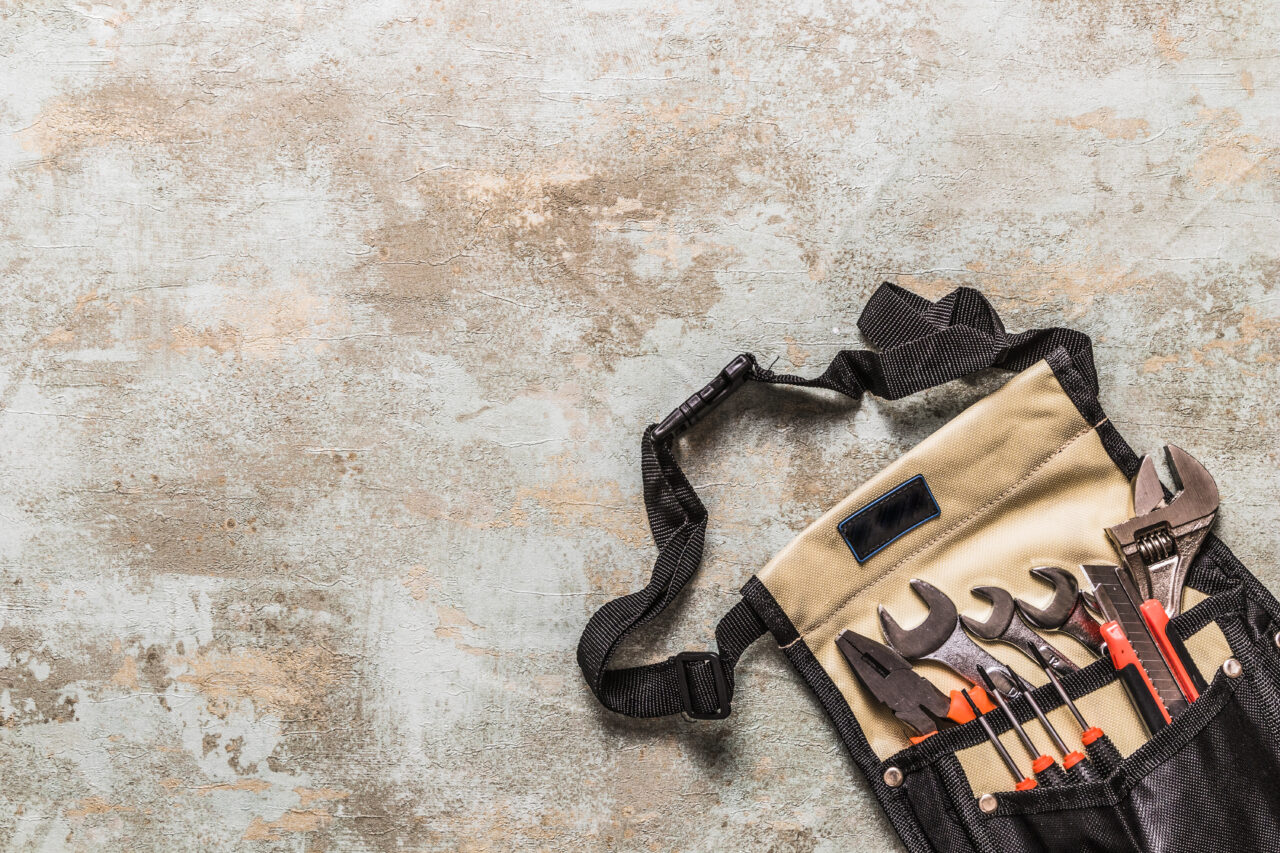Introduction
Among these diverse career paths lies the role of an engineering fitter. In this extensive guide, we will delve into the world of engineering fitters, their responsibilities, the essential skills and training required, the myriad of career prospects available, and key considerations when pursuing this fulfilling profession.
The Role of an Engineering Fitter
Engineering fitters often operate behind the scenes, yet their contributions are integral to the functioning of numerous industries. They specialize in producing intricate, high-value components or assemblies that meet precise specifications. Their hallmark is precision and expertise, ensuring that every piece they craft is of the highest quality.
Engineering fitters can be found in various specializations, each with its unique focus.
- Mechanical Fitter: Mechanical fitters specialize in machinery and mechanical components. They excel in assembling, installing, and maintaining mechanical devices to ensure optimal performance and safety.
- Electrical Fitter: Electrical fitters are experts in electrical equipment and circuits. They are responsible for wiring, testing, and maintaining electrical systems to guarantee seamless operation.
- Electronic Fitters: Electronic fitters focus on electronic components and systems. Their expertise lies in assembling and maintaining electronic devices, such as circuit boards and sensors, which are integral to modern technology.
- Instrumentation Fitter: Instrumentation fitters are entrusted with precision instruments and measurement devices. Their role includes calibrating and maintaining these instruments to ensure accurate data collection and precise control processes.
With an understanding of the specializations within the field, let’s explore the core responsibilities and essential skills that define engineering fitters.
Core Responsibilities and Skills
Engineering fitters are highly skilled professionals who bring precision and expertise to their craft. Their core responsibilities and skills make them invaluable in various industries:
- Interpreting Drawings and Specifications: Fitters must be adept at reading and interpreting technical drawings and specifications. This skill enables them to grasp the requirements of a project and execute tasks accordingly.
- Planning Work: Effective fitters meticulously plan their work, considering factors such as project timelines, available resources, and safety protocols. Well-thought-out planning ensures the smooth execution of tasks.
- Using the Right Tools and Equipment: Each specialization within engineering fitting demands specific tools and equipment. Fitters must be knowledgeable about the tools required for their work and ensure they are well-maintained.
- Quality Control: Maintaining high-quality standards is paramount in engineering fitting. Fitters are responsible for scrutinizing their work against quality benchmarks and making necessary adjustments to achieve the desired outcome.
- Problem-solving: Fitters often encounter unforeseen challenges during their work. They must possess strong problem-solving skills to identify and resolve issues promptly and effectively.
- Safety Awareness: Safety takes precedence in engineering fitting. Fitters need to be vigilant about potential hazards and adhere to safety protocols to safeguard themselves and their colleagues.
- Communication and Teamwork: The size of the employer and the nature of the role can determine whether fitters work independently or as part of a team. Effective communication and teamwork are essential for seamless collaboration with colleagues and supervisors.
Training and Education
- Wiring and Testing Electrical Equipment and Circuits: Electrical fitters learn how to wire and test electrical equipment and circuits safely. This encompasses understanding electrical diagrams and troubleshooting any issues that may arise.
- Maintaining Mechanical Devices and Equipment: Mechanical fitters acquire skills in maintaining and repairing various mechanical devices and equipment. Their responsibilities include tasks such as lubrication, alignment, and the replacement of worn components.
- Electro, Pneumatic, and Hydraulic Systems and Devices: Fitters specializing in control systems become proficient in working with electro, pneumatic, and hydraulic systems and devices. These skills are particularly valuable in industries that rely on automation and precise control.
- Producing Engineering Project Plans: Apprentices learn how to produce engineering project plans, a critical aspect of project management. This involves creating detailed project timelines, allocating resources, and estimating costs accurately.
- Using Computer Software Packages: In today’s digital age, fitters must be familiar with computer software packages that aid in engineering activities. This includes software used for designing, modelling, and simulating components and systems.
- Hydraulics and Pneumatics: Understanding hydraulic and pneumatic systems is essential for fitters working with heavy machinery and automation. They gain expertise in maintaining and troubleshooting these systems.
- Programmable Logic Controllers (PLCs): Control systems fitters delve into the programming and maintenance of programmable logic controllers (PLCs), vital for controlling industrial processes with precision.
Throughout the apprenticeship, both the apprentice and their employer have the flexibility to select additional units that align with the apprentice’s career aspirations and the organization’s specific needs. This flexibility ensures that the training is tailored to individual goals and industry demands.
Job Opportunities
Upon completing the apprenticeship program, individuals are well-equipped for a wide range of roles within the field of engineering. Let’s explore some of the exciting job opportunities that await engineering fitters:
- Mechanical Fitters: Mechanical fitters are in demand across various industries, including manufacturing, automotive, and aerospace. They play a pivotal role in assembling and maintaining mechanical components and machinery to ensure seamless operations.
- Electrical Fitter: Opportunities for electrical fitters abound in sectors such as construction, energy, and telecommunications. Their responsibilities encompass the installation and maintenance of electrical systems and equipment.
- Electronic Fitter: In an era rated by electronics, electronic fitters find their niche in industries ranging from consumer electronics to medical devices and telecommunications.
- Instrumentation Fitters: Instrumentation fitters are indispensable in industries where precise measurements and control systems are critical. These sectors include oil and gas, pharmaceuticals, and chemical manufacturing.
- Pipe Fitter: Pipe fitters are integral to plumbing and HVAC systems in both residential and commercial construction. Their skills are also in high demand in industrial settings for the intricate work of piping systems.
- Controls and Systems Fitter: Fitters with expertise in control systems and PLCs are highly sought after in industries where automation and control are paramount. This includes manufacturing, robotics, and process control.
These roles offer diverse career trajectories with ample opportunities for specialization and growth. Whether your passion lies in working with mechanical components, electrical systems, or cutting-edge electronics, the field
Transform your home effortlessly with FloorPup! Discover our extensive range of hardwood flooring, receive tips from expert floor care and maintenance professionals. Our team includes professional floor fitters, skilled driveway pavers, and dependable carpet repair specialists, ensuring top-notch results. Learn more about our dedication to quality on our About Us page. Visit FloorPup and start enhancing your living space today!
FAQS
What is the role of a fitter?
The primary responsibilities of a fitter are to assemble, install, maintain, and repair mechanical systems and components to guarantee their effective functioning in a variety of industrial settings.
What distinguishes an engineer from a fitter?
Fitters are skilled tradespeople who specialize in hands-on tasks like assembling and maintaining mechanical systems. In contrast, engineers are professionals who design and oversee complex projects, often involving theoretical knowledge and scientific principles. Fitters execute practical work, while engineers focus on conceptualizing and creating solutions, making their roles complementary in achieving project success.
What is the difference between mechanical and fitter?
The difference between “mechanical” and “fitter” lies in their roles and responsibilities within the context of trades and engineering. “Mechanical” typically refers to a broader category encompassing various aspects of machinery, systems, and engineering principles. A “fitter,” on the other hand, is a specifically skilled tradesperson who specializes in assembling, installing, and maintaining mechanical components and systems. Mechanical professionals may have a more extensive knowledge base, including design and analysis, while fitters focus on the practical aspects of fitting and maintaining components. A fitter is a specialized subset within the larger mechanical field, emphasizing hands-on skills and precision work.


